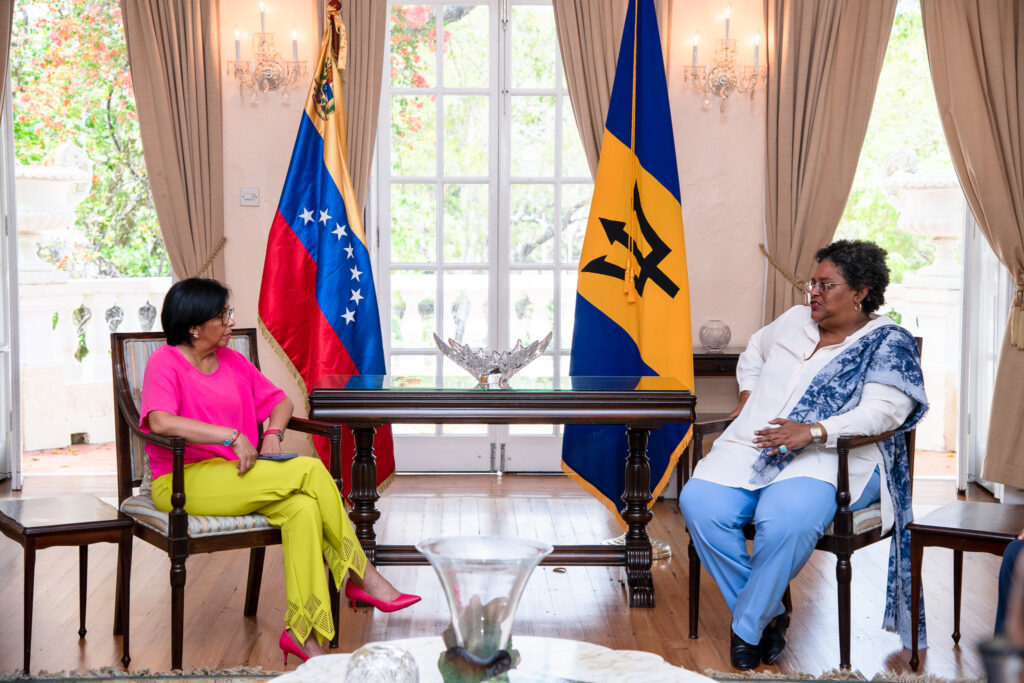
On May 27, Bolivia celebrates mothers, the main emotional support of families and society. It is a day of celebration that remembers the role of women within the family nucleus.
In a romantic value, it is said that motherhood is synonymous with the beginning of life, protection, joy and hope. Even until the last century, the social role of women revolved around motherhood and the formation of a family. Today, that thought has evolved quite a bit, because women have empowered themselves and have opened different paths for them, those that do not always include motherhood.
what is motherhood
Maternity is the experience that a woman has due to the biological fact of being a mother. It is said that the maternal feeling develops from the birth of a child and that the maternal instinct is typical of the female gender, even in animals.
every woman feel motherhood from a very intimate perspectivebecause it implies a set of personal emotions that are not uniform for all women.
Along these lines, in recent years voices have emerged in the sense that women should not feel obligated to be mothers if they don’t want it, if they don’t have the feeling of motherhood. A forced motherhood is not a planned or chosen motherhood.
Maternity a decision and not an obligation
The value of a woman should not be measured by her personal decisions; If she doesn’t want to have children, there shouldn’t be any problem because being a mother shouldn’t be the only way for a woman to feel fulfilled.
Eliana Exalto, director of the Psychology program at the Franz Tamayo University, Unifranz, assures that motherhood should be a decision, based on knowledge of the conditions and circumstances of reality to assume the role of being a mother from conception.
“If we talk about rights, mention is made of the human right that strengthens women’s autonomy and decision regarding the exercise of their sexuality and reproduction,” she says.
Chosen maternity is a right that all women have to decide whether or not they want to be mothers, when to be mothers, the number of children they want to have or if they want those children to be the fruit of marriage.
However, generally, motherhood is not chosen but rather the consequence of a whole social construction that predestines women, from childhood, to be mothers. Dolls, clothes, feeding bottles and diapers are part of this training and pressure to fulfill the social mandate to get married and have children.
Being a woman does not mean being a mother, many women choose not to be mothers. Thanks to social construction, many women believe that being a mother is a destiny.
The mother should not replace paternal roles
A study by UN Women Bolivia reveals that in the country 84% of single-parent households are made up of women, they often have to deal with paid work, unpaid care work at home, for children and other family members.
For the psychologist Exalto, it could be said that, out of habit, in single-parent families the woman is forced to replace the roles of the absent father, because there is the premise of ‘now you are father and mother to your child’.
“For this reason, it is important to discuss the type of family with the children so that they understand that their family is not the traditional one and they understand the role of the mother, who will have to address important issues as the child grows up. How capable a father would do it, but she doesn’t have to fill that role”, concludes the academic.

















